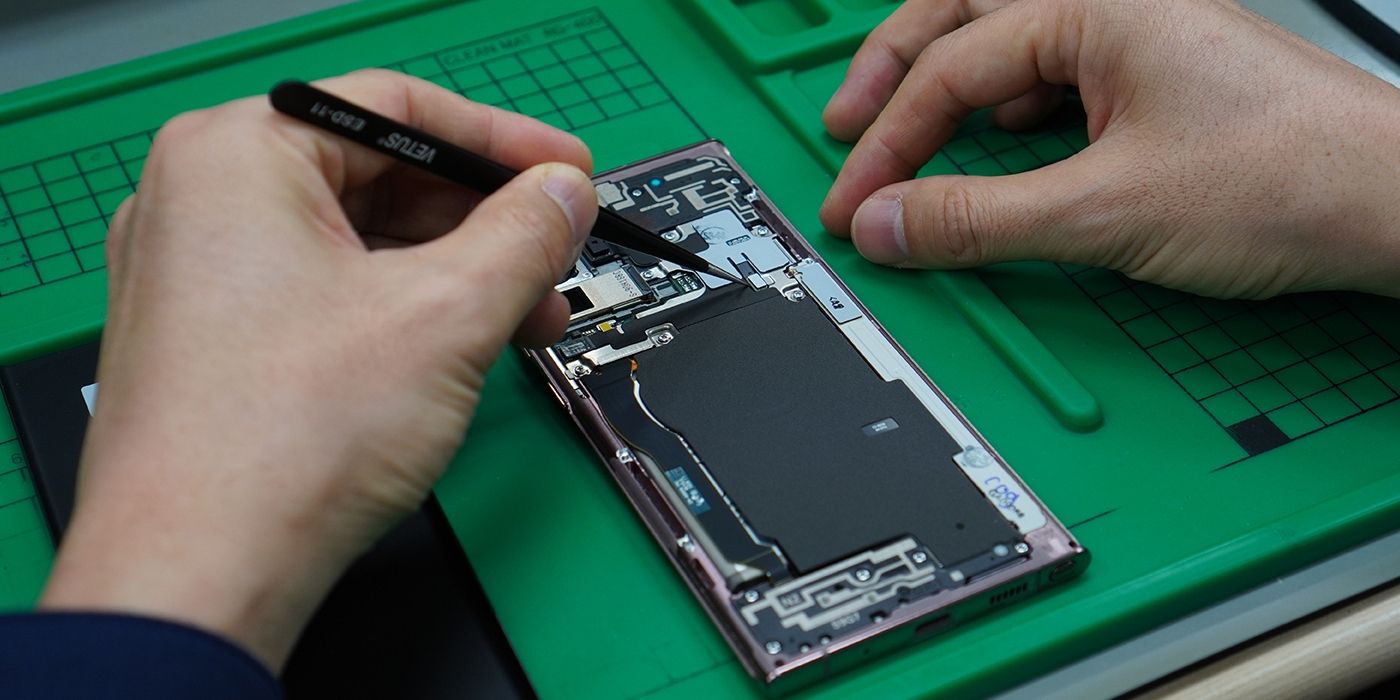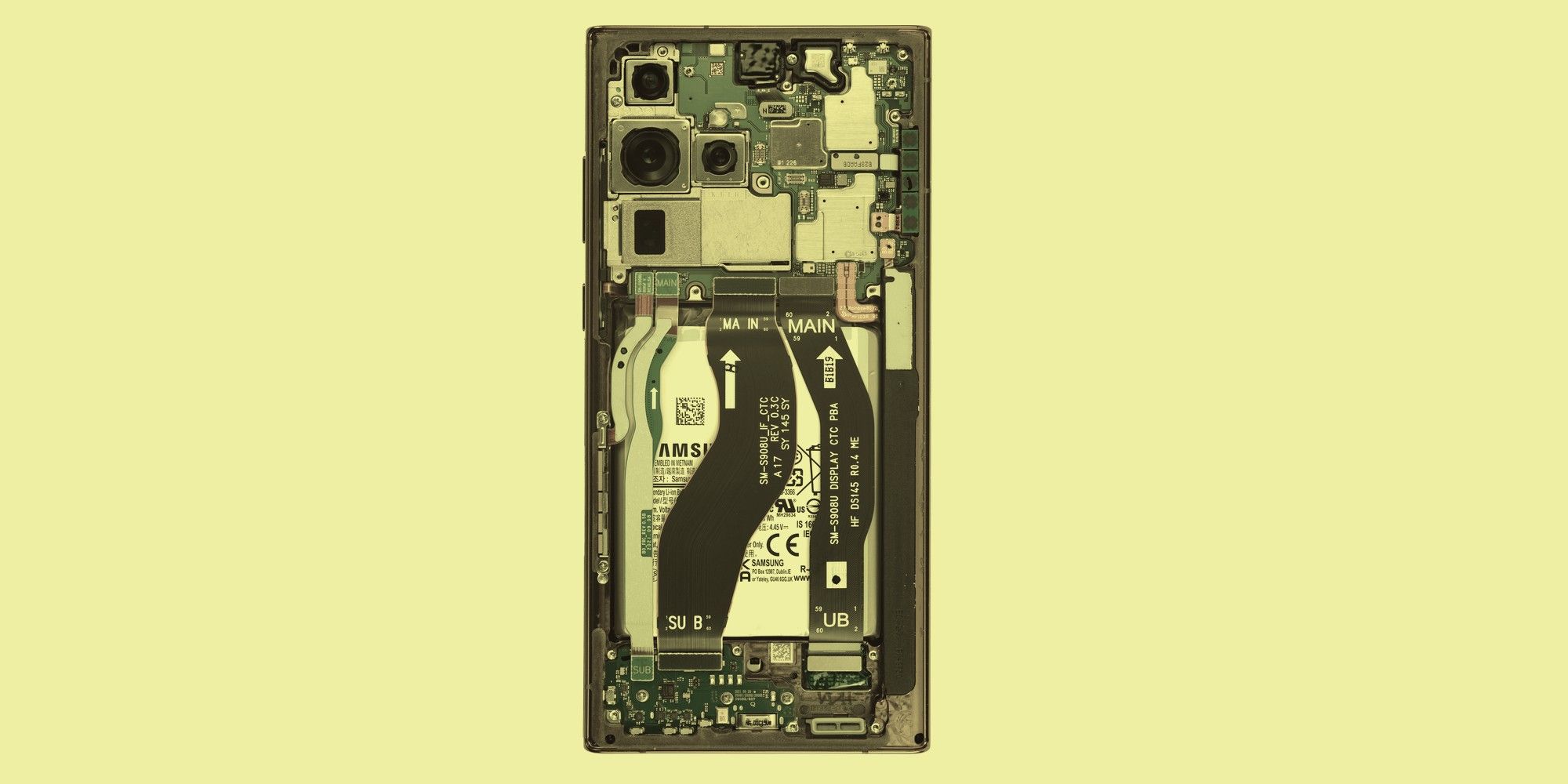Samsung is reportedly mulling the use of recycled parts for smartphone repairs, with the goal of making the whole process less taxing on the environment and customers’ wallets, too. The company has been making some positive strides towards achieving its environmental goals lately, such as using recycled plastic and ocean-bound waste in smartphone parts as well as packaging and accessories like protective cases. The company also removed the charging brick from the retail box of phones under the pretext of reducing the e-waste burden, but the move is still a topic of hot debate.
Samsung recently announced a self-repair program for fixing smartphones at home in partnership with iFixit. Following in Apple's footsteps, Samsung and iFixit will provide replacement parts, detailed repair guides, and the tools required for a DIY smartphone repair task. Even though Samsung’s latest Galaxy S22 series phones are currently excluded from the program and there is no clarity on the inclusion of cheaper phones, the project is still a step in the right direction when it comes to saving distressed phone users some of their hard-earned money.
And it appears that Samsung really wants to dig deeper into its bag of customer-friendly initiatives by pushing recycled parts in its repair program. As per a report by Business Korea, the company aims to increase the uptake of recycled replacement parts in its smartphone repair strategy. Samsung is reportedly aiming to launch a manufacturer-certified recycled parts program for smartphone repairs in the first half of 2022. Aside from being an eco-friendly push, the usage of recycled parts is touted to significantly bring down the repair costs as well. Screen Rant has reached out to Samsung for confirmation on the scheme and will update this story upon getting an official response.
Noble Mission, Tough Execution
According to the report from Samsung’s home market, the program will cut the price of display repairs in half, bringing down the cost from KRW 200,000 (approximately $160) to KRW 100,000 (approximately $80). The company is also said to be adhering to high quality standards for the recycled parts, trying to match their build and finish with that of a new product. However, there is no clarity on whether the program will be launched on a global scale, or if it will be limited to certain high-yield markets covering only a handful of marquee devices.
Even though the strategy sounds impressive, executing it is not going to be a cakewalk for Samsung. Unlike Apple and Google, both of which have launched their own self-repair programs, Samsung maintains a disproportionately large portfolio of smartphones across all price brackets. Making recycled replacement parts for all of them is going to be an uphill endeavor. It is quite likely that Samsung will keep its recycled repair parts ambitions closer to the high-end segment where Galaxy S series phones reign supreme. However, Samsung's foldable phones are unlikely to make it to the DIY self-repair list, given their complex engineering and fragile build.
Source: Business Korea, Samsung


